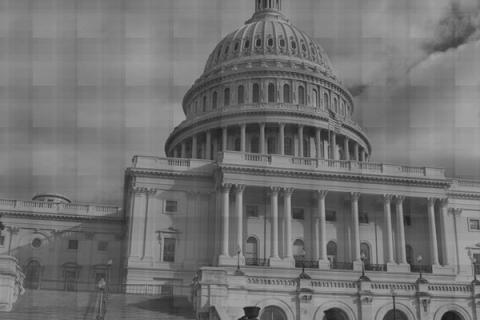It's election time in America, and all aspects of the unfolding political battle have become top news. Researchers try to dig up dirt on candidates and analysts sift through survey data to project results. One aspect of the election year struggle, however, is often ignored. Voter registration is a battle within the larger war to win in November. After all, whoever determines who can vote can influence the election itself.
In Florida, Governor Rick Scott has embarked on an election year purge of the voter rolls. This move is ostensibly a protection of election integrity, but not everyone sees it that way. The purpose of the purge is to remove non-citizens from the voting rolls, ensuring a legal and fair election. According to ThinkProgress:
"Chris Cate, a spokesman for the state Division of Elections, defended the state’s actions. 'It’s very important we make sure ineligible voters can’t cast a ballot... We won’t be sending any new names to supervisors until the information we have is updated, because we always want to make sure we are using the best information available... I don’t have a timetable on when the next list of names will be sent to supervisors, but there will be more names.'"
The concern about finding the best information highlights one of the main criticisms of the Florida voter purge: flawed databases. To purge the voter rolls, a database of citizens must be compared to voter registration rolls. However, the database the state is using to determine citizenship is the state motor vehicle database. Many groups have pointed out the deep problems with this method of checking voter eligibility. The Miami Herald reports one group's concern about the Florida voter purge, especially considering recent history:
"Based on Florida's regrettable experience with voter purges," said Howard Simon, ACLU of Florida's executive director, "it would be a mistake to rely on the accuracy of the state's data — especially data from the Department of Highway Safety and Motor Vehicles that is acknowledged by the DHSMV to be out of date."
The 2000 presidential election is an example of how voter roles can affect the outcome of an election. Although the infamous 'hanging chad' got the press, a voter purge of felons occurred right before the election, and may have changed the outcome of the razor-thin race. Opposition groups are wary of the power given to the administration in power. The power to control the voting list is dangerous indeed, and mirrors independent voters' concerns about ballot access for third parties. Some political leaders have even alleged that the purge is politically motivated. A local Democratic chairman said:
“It’s not by accident that Florida is doing this and all these other states that have Republican governors are doing it... The odds are too high that they had the same independent thought of each other.”
Attempts to control voter registration are characteristic of those in power, apart from party affiliation. Regardless, it is a worrying development for the U.S. citizens who are being erroneously targeted by the purge, including a 91-year old World War II veteran born in the United States.
"Internicola said he was 'flabbergasted' by the suggestion that he wasn’t a citizen. He called the county’s election office and said: 'Are you crazy?'"
The errors in databases and allegations of a partisan power play emphasize what independent voters should already know: while it sounds good to think that voters can check politicians in the voting booth, the realities of gerrymandering, ballot access, and voter registration mean that government officials have the final say. It is too early to determine how many voters who are actually ineligible will be purged from the voting rolls, but the process is a worrying development for those who must prove their citizenship and right to vote. This is a wake-up call for all Americans. If the ballot box is powerful, determining who can cast a ballot is a truly frightening power.

